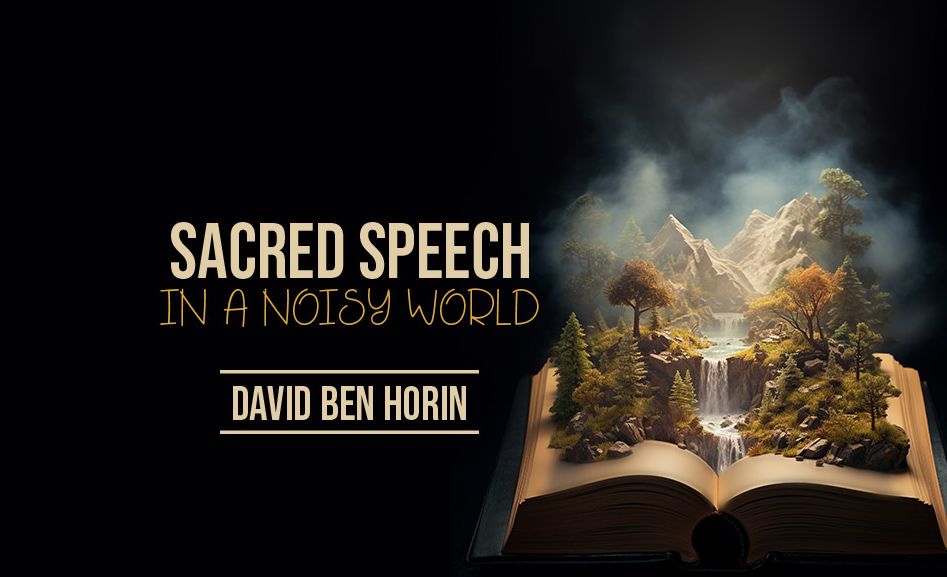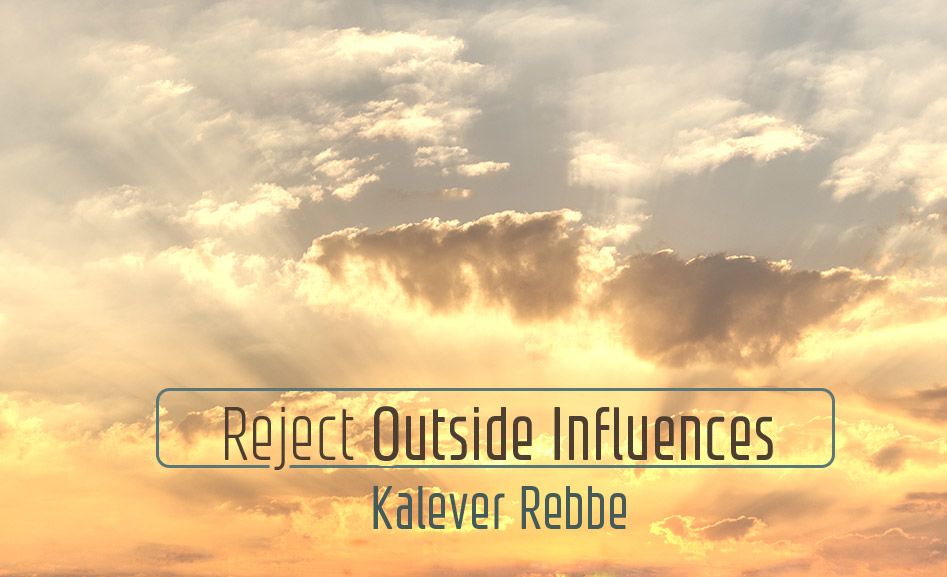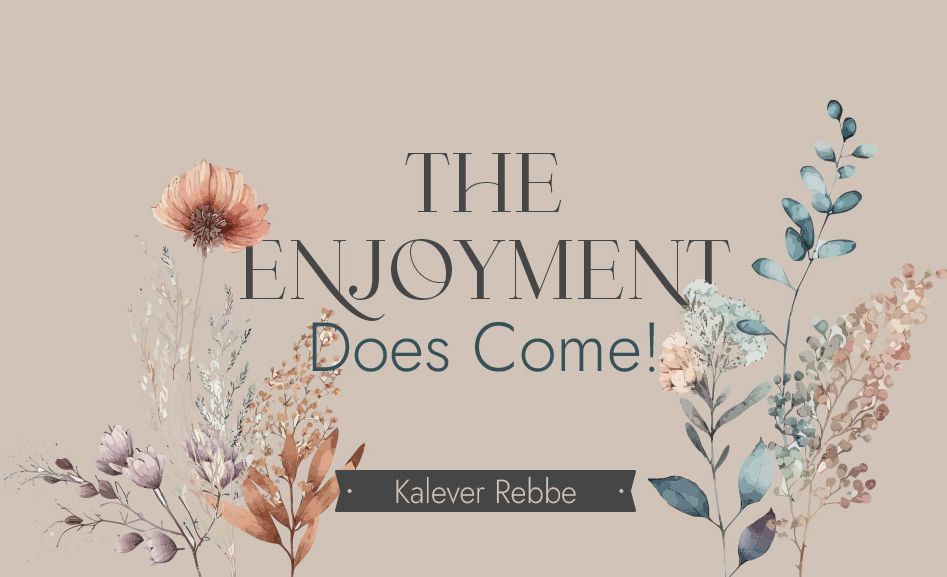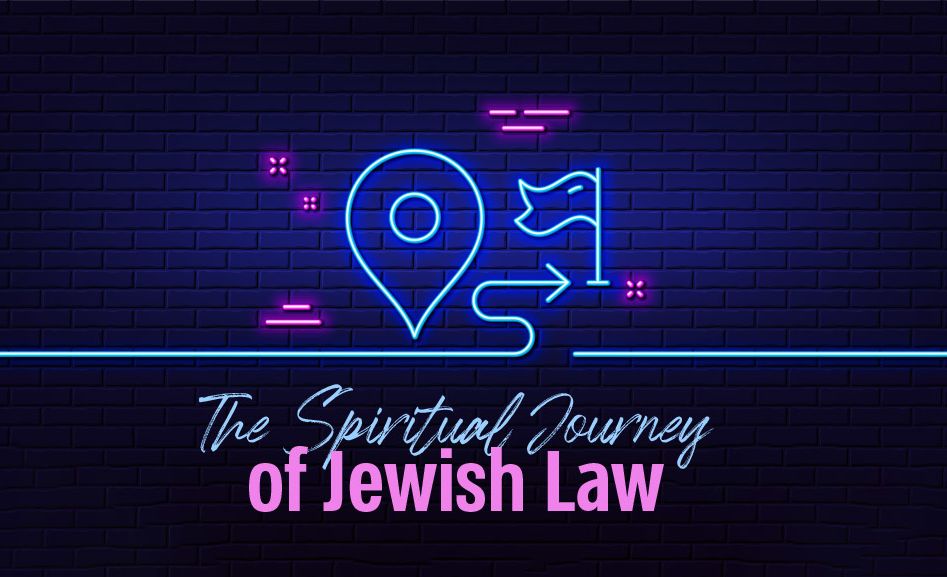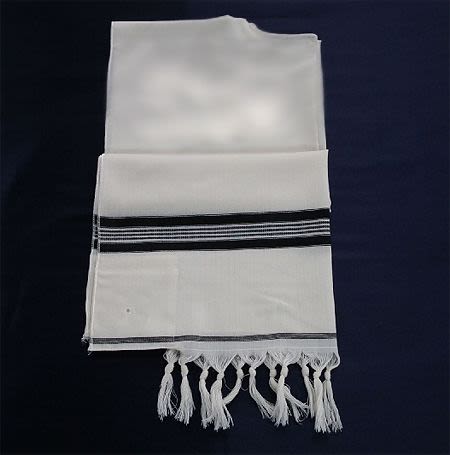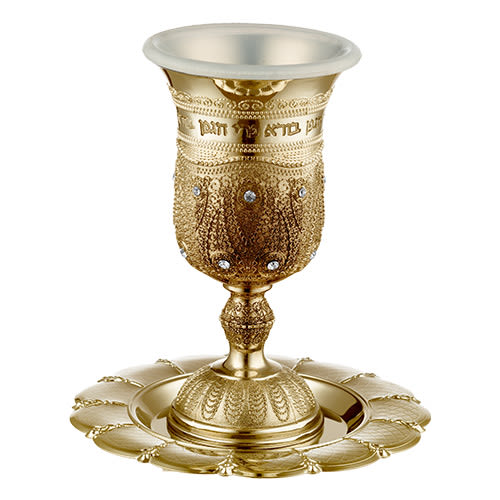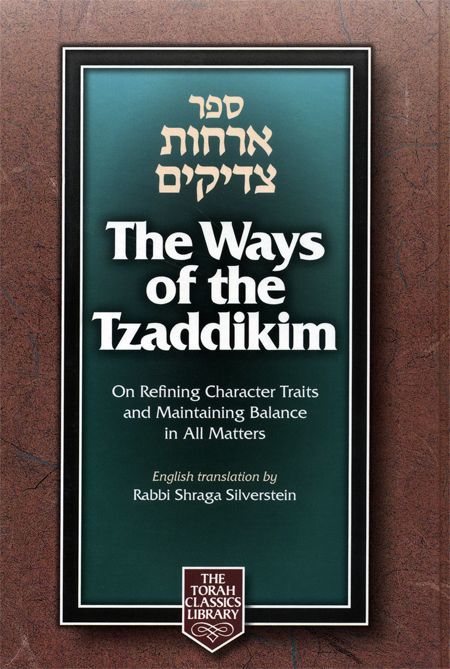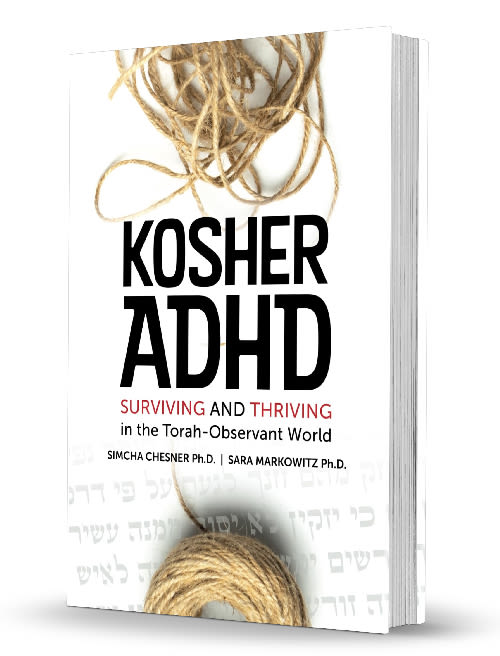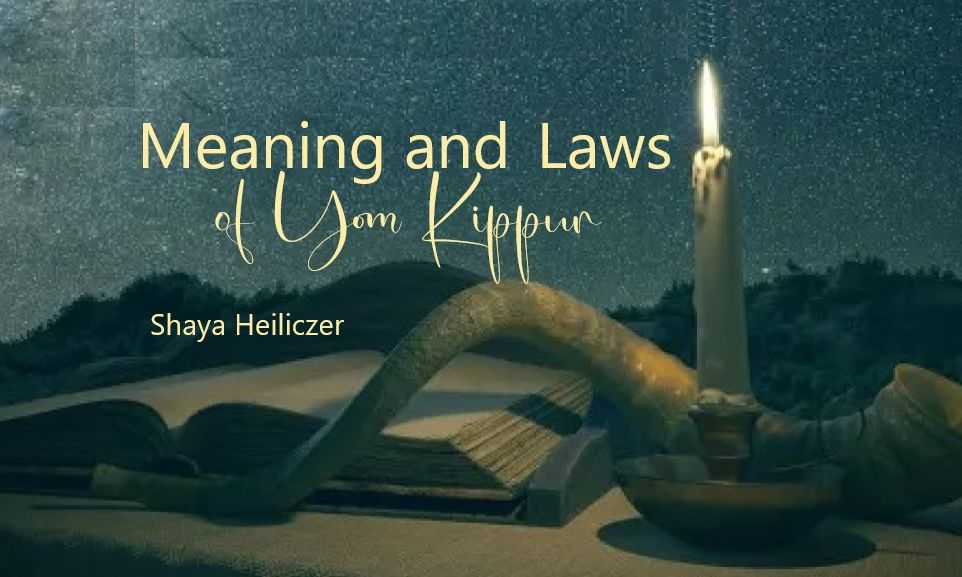
The Meaning and Laws of Yom Kippur
This shall be an eternal law for you: Each year on the 10th day of the 7th month you must afflict yourselves and not do any work. This is true for both...

The Torah tells us about Yom Kippur:
This shall be an eternal law for you: Each year on the 10th day of the 7th month you must afflict yourselves and not do any melachah (work). This is true for both the native born and the convert to Judaism who joins you. This is because on this day you shall have all your sins atoned, so that you will be cleansed. Before God you will be cleansed of all your sins. It is a Sabbath of Sabbaths to you, and a day upon which you must afflict yourselves. This is a law for all time. — Vayikra 16:29-31
Well, now, there is a lot to explain about those verses, so we’ll take them one at a time.
The seventh month is Tishrei, and the tenth day of Tishrei is the day we call Yom Kippur, the Day of Atonement. Actually, the Torah calls it Yom Kippurim, a Day of Atonement (Vayikra 23:28, et al). Apparently, we can achieve atonement for many things on that one day.
Affliction does not mean that you should invent creative means of torturing yourself. The Torah outlines five forms of affliction for Yom Kippur. On Yom Kippur it is forbidden to:
1. Eat or drink
2. Bathe or wash
3. Wear leather shoes, leather sandals, or any other leather foot gear
4. Have marital relations
5. Anoint oneself –Anointing refers to rubbing or applying on one’s body any substance — such as oil, soap, alcohol, hair tonic, cream, ointment, perfume, etc., unless it’s for medical reasons).
Those are the basic categories of “affliction” required on Yom Kippur.
What is melachah? Well, that is a complex thing, and that needs explanations. On the Sabbath and Yom Kippur, the Torah forbids 39 categories of creative activities. On most Holidays, some of those acts are permitted, but not on Yom Kippur.
To return to the verse we are studying:
“For on this day you shall have all your sins atoned . . .” On Yom Kippur, we are guaranteed to have our sins atoned, if we repent. You can’t get a better deal anywhere! Hashem personally forgives each and every sin you have committed, if you confess the sin, and determine to try to never commit it again. We are cleansed and purified, and we can become as if we had never sinned at all!
The Talmud has a beautiful passage about this.
Rabbi Akiva taught: Fortunate are you, Children of Israel! Before Whom are you cleansed, Who cleanses you? Your Father in heaven! As it says, “I will sprinkle upon you clean water, and you will be cleansed of all your impurities . . .” (Yechezkel 36:25) Furthermore, it says “God is Israel’s hope.” [The word “hope” is a homonym of the word “mikvah,” the ritual purification pool.] Just as the mikvah cleanses the impure, so does the Holy One, blessed is He, cleanse the Children of Israel. — Mishnah Yoma 8:9
On Yom Kippur we are guaranteed to be forgiven if we repent. And that is the primary mitzvah of that day: to repent.
And if we repent, we are forgiven. That’s all there is to it.
Yom Kippur Customs
Yom Kippur atones for many sins, if we repent. Therefore, Yom Kippur is a day of repentance. On Yom Kippur we are required to confess our sins to Hashem, but not to any human being.
When you commit a sin against Hashem, you must regret the sin, resolve never to do it again, and on Yom Kippur you must confess the sin and ask Hashem for forgiveness.
When you commit a sin that hurts another human being, you have sinned against both Hashem and that person. It is then necessary to add a step to the repentance process. You must regret the sin, resolve never to do it again, ask the person you sinned against for forgiveness, and on Yom Kippur you must confess the sin and ask Hashem for forgiveness.
Before Yom Kippur it is customary to ask people to forgive you for anything you may have done to hurt them. If you make an honest attempt to ask the person for forgiveness, and he refuses to forgive you, you must try at least two more times. Wait a few days in-between requests and make the requests in three different places, in hopes that the person will cool off and change his mind. If he still refuses to forgive you, you have at least done your part, and Hashem takes that into account.
Likewise, if a person asks you for forgiveness, you should not be stubborn and refuse to forgive him. In general, Hashem treats us the way we treat other people, so it’s always good to remember that.
On Yom Kippur we are forgiven all our sins, and therefore we are absolutely pure, like angels. It is therefore the custom to wear white clothing, to appear like angels. It is also one of the many reasons we are forbidden to eat on Yom Kippur, since angels do not eat.
Although we fast on Yom Kippur, it is forbidden to fast on Erev Yom Kippur — the day before Yom Kippur. In fact, Jewish Law states that we must feast on the day before Yom Kippur. The Talmud says that whoever feasts on the day before Yom Kippur is given merit and considered to have fasted two days!
Aside from breakfast, we eat two festive meals on Erev Yom Kippur. We eat one meal in the early afternoon or late morning, and another after Minchah (the afternoon services). That one extends until late afternoon, and must end no later than about fifteen minutes before sunset.
There is a custom among many people to eat kreplach on the day before Yom Kippur. Kreplach are bits of meat hidden in pockets of dough (sort of like won tons), and they are eaten in soup. The reason for this is that we hope and pray that G-d will hide our sins when we repent. (Eating kreplach is not a Law, by the way, so if you can’t eat them for some reason, no problem.)
The prayer book for a Holiday is called a machzor, which means a “cycle.” Judaism teaches that the year is a repeating cycle in which the same holiness occurs each year and each week. Each and every Sabbath of the year, for example, has the same holiness and blessings of the very first Sabbath of Creation. Each and every Yom Kippur of each and every year has the very same holiness as the very first Yom Kippur ever, the one observed by the Children of Israel in the Sinai Desert, 3,311 years ago. And each and every Yom Kippur of each and every year is just as conducive to our repentance being accepted.
Every day of the year we pray at least three main prayers. On Biblical Holidays, we pray four main prayers. On Yom Kippur we pray five main prayers.
The first is prayed the evening of Yom Kippur, and begins with Kol Nidrei. It continues with Maariv, a slightly different version of that which we pray every night of the year.
The second is the morning Shacharit prayer. This too, has some slight differences, due to the Holiday.
The third is the Mussaf prayer, the “additional” service. Every Biblical Holiday has its own version of this prayer. Yom Kippur deals mostly with our repentance and our being forgiven.
The fourth is Mincha, the afternoon service. We pray Minchah every day, but of course the version prayed on any Holiday is very different than the version we pray every day.
The fifth and final prayer for Yom Kippur is unique to Yom Kippur, and is never prayed at any other time. It is called Ne’ilah, which means “closing.” It is prayed just as the sun begins to reach the tops of the trees, and the day is about to come to a close. (However, Yom Kippuer is not over until the sky is dark and the stars come out.) At that closing of the day, we wish to grab the last opportunity of attaining the greatness that this holy day offers us, by repenting fully before the day ends. Yes, you can repent any time and every time, but Yom Kippur grants us what few other days, if any, can grant us.
After Yom Kippur ends, we are required to recite or hear Havdalah over wine before we are allowed to eat anything. The Havdalah service declares the separation between the holy and mundane days, and Yom Kippur is the holiest day of the year.
As we leave the synagogue at the end of Yom Kippur, we bless each other with “A good and blessed year.”
Repentance
How do we go about repenting our sins? Ultimately, the most important part of repentance is what we call “abandoning the sin.”
In essence, the classic process of repentance is:
- Realizing the error of sinning and regretting it
- Quietly confessing it to Hashem
- Accepting upon yourself to not do it again
The most important element is to stay away from the sin. It is also important not to focus too much on the sin(s) we have committed. The important thing is to focus on doing good, thereby relinquishing sin.
Also, we should not be concerned if we make a mistake and slip. It’s impossible to be completely perfect and never make a mistake! Hashem knows that we are not perfect. He created us with the ability to try our best, and He does not expect more than that.
There is a story of a great Rabbi who said, “Hashem, I sinned today, but tomorrow I shall not sin again. I know I said this yesterday as well, but this time I mean it!”
He made this statement every night! But although he never gained perfection, every night he was at a higher level than the previous night.
A man once went to the Rabbi of Kotzk, and said to him, “I sinned. What should I do?”
The Rebbe answered him, “Why, repent, of course!”
“But I’m unlearned,” said the man, “and I don’t know how to repent!”
“If you’re so unlearned,” asked the Kotzker Rebbe, “how did you know you were sinning?”
Said the man, “Actually, I didn’t know at the time. I sinned, and afterwards I found out that I had sinned.”
“So do the same thing here,” the Rebbe told him. “Repent, and afterwards you’ll find out how to repent.”
Repentance is not all that complicated or problematic. Deep in our hearts, we all know how to repent.
And when we are ready for the fourth step – to try not to repeat the sin – we must remember that a complete makeover takes time, therefore it is best to focus on one or a few things at a time. Trying to do too much at once will almost certainly result in failure, and possibly depression.
But if we focus on one thing at a time, we are more likely to succeed. Hashem not only accepts this, He delights in it.


